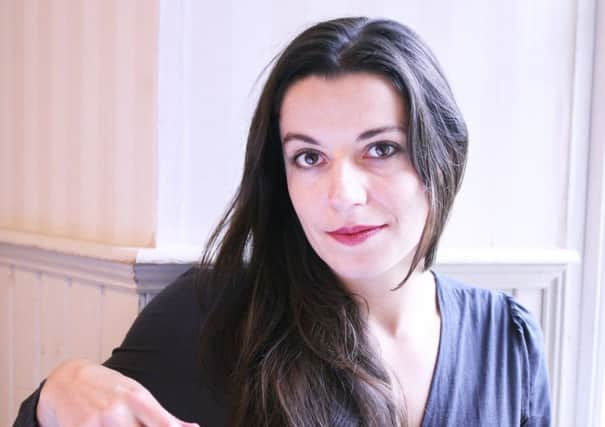Book review: Thicker Than Water by Cal Flyn


Thicker Than Water by Cal Flyn | William Collins, 355pp, £16.99
Some 35 years ago when James Campbell was editor of the New Edinburgh Review, he published an article by Don Watson, an Australian historian and journalist (later speechwriter for the Labour Prime Minister, Paul Keating). It was entitled “A Highlander on the Australian Frontier”, and offered a biographical sketch of Angus MacMillan (his spelling), a native of Skye, revered in Australia as a pioneer, the man who opened up and settled Gippsland in the south-east corner of Victoria. However, Watson wrote, “between 1840 and 1850 Macmillan and his countrymen took to the Aborigines with the murderousness of an old Highland regiment”. The Kurnai (Gunai) people were all but exterminated.
Advertisement
Hide AdCal Flyn, a young journalist, also from Skye, knew of McMillan (the preferred spelling) as her great-great-great uncle. She read his entry in The Australian Dictionary of Biography “with a thrill of pride”. Then she learned that in Australia McMillan was now being accused of “the cold-blooded murder of hundreds of aborigines”. She was taken aback and horrified. How could “a virtuous Presbyterian” have committed such atrocities? And what did it mean to her, to be, if not his descendant, in a sense his inheritor? She would have to go to Australia to find out and “confront the true legacy of his actions by seeking out the present day representatives of the Aboriginal group he had terrorised”.
This book is an account of her journey and investigations. It is full of interest and is intelligently and evocatively written. Travelling about Gippsland, sometimes alone, sometimes with new friends, she gives a vivid picture of the landscape and way of life, and explores the complexities and silences of Australian history. She is concerned to understand and becomes aware of “the moral ambivalence that lies at the heart of every person.” At the same time she concludes: “Whatever I recognise in McMillan, however engaging I find him as a man, it cannot be escaped that he must be defined by his worst actions. He was a murderer. A mass murderer, a proponent of genocide”. This is a judgement which rather flies in the face of her recognition of that “moral ambivalence”. Are people more truly defined by the worst in them or by the best? Fashionably, Flyn suffers from “intergenerational guilt”. This is an easy, even comforting, sentiment. It is “virtue signalling”; what a good person I am to take on the burden of my ancestors’ crimes! She compares her relationship to Angus McMillan to that of the children of Nazi criminals to their fathers. Their embarrassment is understandable, their feelings of shame are natural, but guilt? That’s another question. The children of death-camp murderers are not responsible for what their parents did, and without responsibility, there is no true guilt. Even if there was, how far back do you go? It’s probable that we all have ancestors who did terrible things, but it’s absurd to feel guilty if, for example, you learn a Viking ancestor had raped and murdered nuns. And of course, Cal Flyn is not only three generations away from Angus McMillan, she isn’t even a direct descendant. In the end, I’m happy to say, she recognises the ambiguity of her own position: setting oneself up as a judge of the dead is no way to write or read history. Land hunger, such as drove McMillan on, has always led to cruelty, brutality and injustice; but those driven on by it have never found it hard to justify their actions. They never will.
Yet her book is not only continuously interesting, and the author’s character as pleasing and sympathetic as her eye for detail and oddity is sharp, it also offers a salutary lesson. We Scots are too often fond of seeing ourselves, presenting ourselves, as victims; it’s as well to be reminded that we have just as often been quick to make others the victims of our own greed and ambitions: in the Americas, in India (as Ferdinand Mount showed in his recent history of the actions of his own family, the Lows from Fife), and in Australia. Set aside all discussion about intergenerational guilt, and you will find much to enjoy, and much to learn, in this account of the making of Australia. One should add that the author has learned much about herself too; and it will be interesting to read what she writes next. n